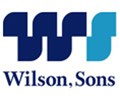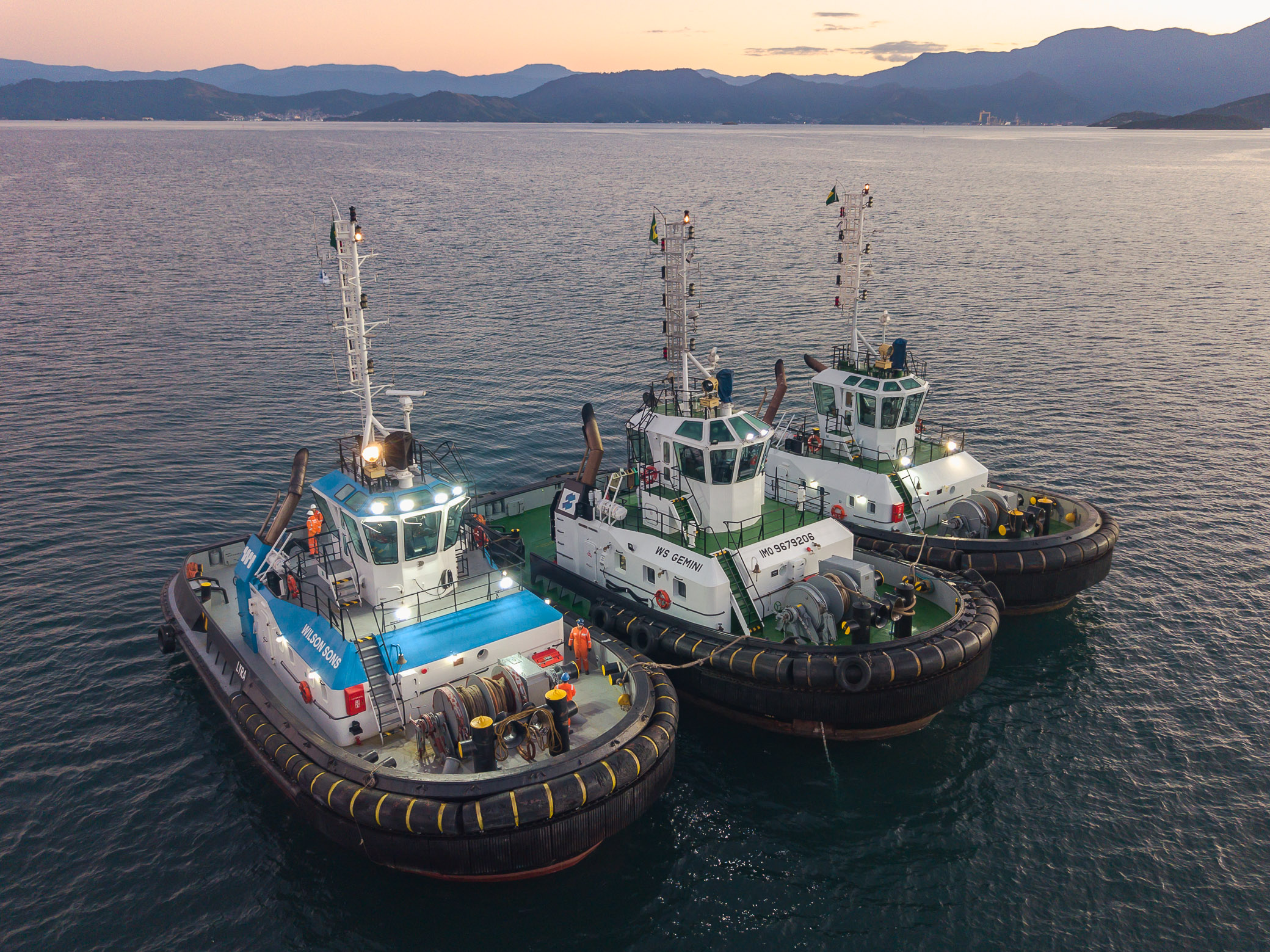

Wilson Sons, the largest port and shipping logistics operator in the Brazilian market, registers yet another milestone in safety management. The Towage business unit completed one year without accidents with injuries, corresponding to 4 million hours worked in operations totaling more than 55 thousand maneuvers.
With a fleet of 80 tugboats, the largest in Brazil, and more than 900 employees, the Wilson Sons business unit managed to reduce the rate of accidents with injuries in the last decade by more than 97%. This year, it achieved world-class status in safety, a standard of excellence defined by DuPont, a world-class consultancy in the sector.
“This is an expressive result that demonstrates the Company’s ability to manage risks and, above all, to care for the health and integrity of our employees and the environment. For customers, a company with these results represents efficiency in operations, credibility and confidence in relationships”, highlights Guilherme Silva, Quality and HSE manager of the Towage division.
In addition to the WS+ Program, implemented in 2011 in all Group units to develop a culture of safety, Guilherme highlights that effective communication in HSE (Health, Safety and Environment) was a key factor for the result. “We greatly intensified our communications and improved the form and content disseminated”, says the manager.
Over the past two years, around 15 campaigns focused on HSE were carried out and almost 9,000 hours of training and more than 18,000 hours of daily dialogues focused on safety were accumulated. Corporate social network, podcasts and games are some of the tools used to reinforce HSE practices. Among the actions promoted, is the Tuesday 9 of Safety, created in 2020. At the monthly meeting, the business directors present the indicators, highlighted feats in safety, best practices and relevant safety issues for employees.
The Company also has the Towage Operations Center (COR), which monitors vessels 24 hours a day, 365 days a year, in 25 ports on the Brazilian coast, in addition to the Maritime Improvement Center (CAM) for training maritime professionals. CAM has its own maneuver simulator, capable of predicting different operational scenarios, used to periodically train the company’s crews, managers and support teams, in addition to contributing to projects of the industry stakeholders.
Source: Wilson Sons
